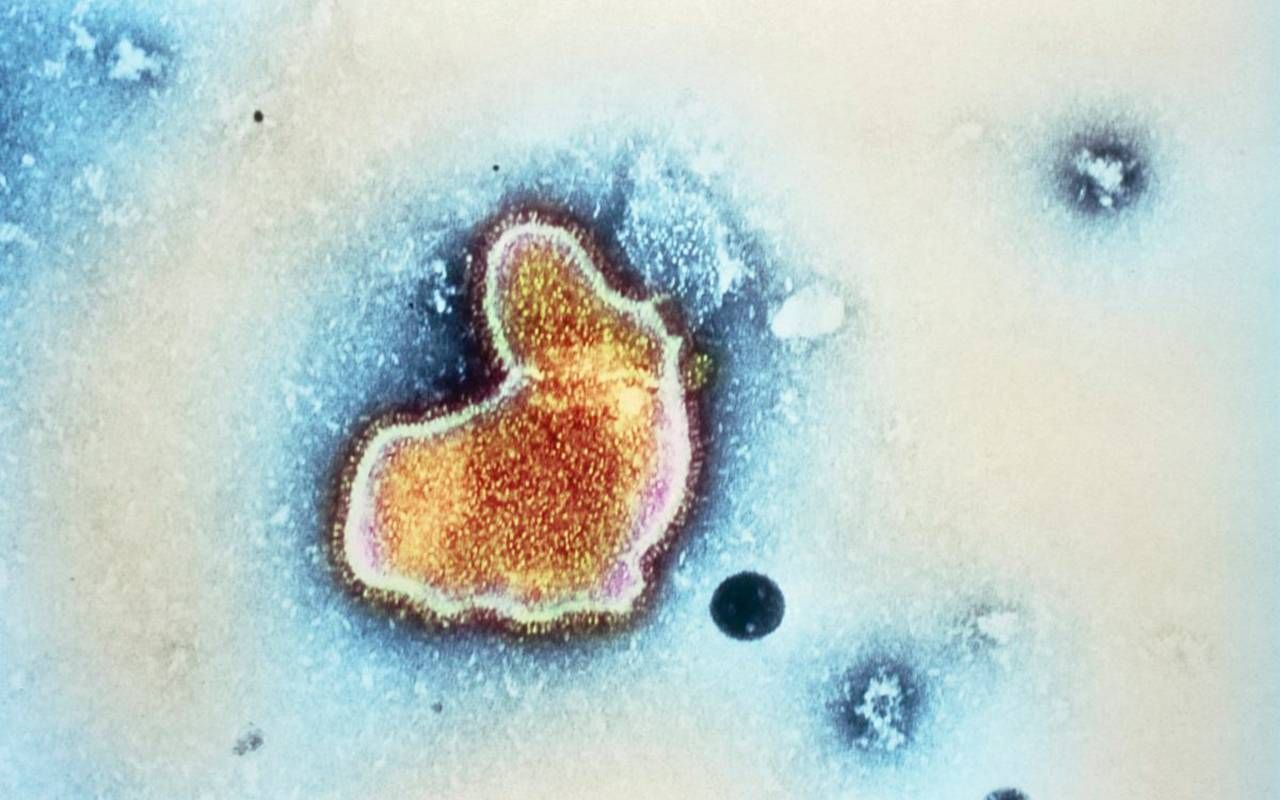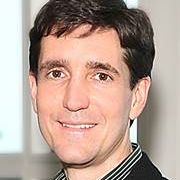What You Should Know About RSV Vaccines
Is it time to get vaccinated against respiratory syncytial virus?
At the local pharmacy, signs about RSV vaccines may have recently caught your eye. For the first winter season, there are new vaccines to protect against respiratory syncytial virus, or RSV, a common respiratory infection that typically causes cold-like symptoms.

RSV is often thought of as a virus mainly affecting children, but it also poses a threat to older adults. For most, the virus resolves in about a week or so, but some adults are at higher risk, including those over age 60 and adults with chronic heart or lung disease.
"Older adults are at greater risk than young adults for severe complications from RSV because, in general, the immune system weakens with age."
The Centers for Disease Control and Prevention (CDC) recommends that high-risk groups, including those aged 60 and older, get vaccinated to protect themselves. Each year in the United States, 60,000 to 160,000 older adults are hospitalized due to RSV-related illness.
Approximately 6,000 to 10,000 older adults annually die from the infection, according to the CDC. "Older adults are at greater risk than young adults for severe complications from RSV because, in general, the immune system weakens with age," says Michael Melgar, a medical officer with the CDC. "Additionally, older adults are more likely to be frail and to have chronic medical conditions that increase their risk for severe RSV illness."
The RSV season begins in the fall and peaks in the winter months. Typically, those infected begin to show symptoms within four to six days after exposure.
Symptoms do not appear all at once but develop in stages, including:
- Coughing
- Decrease in appetite
- Fever
- Runny nose
- Sneezing
- Wheezing
Those infected are typically contagious for three to eight days. However, those with weakened immune systems can continue to spread the virus for as long as four weeks, even after their symptoms resolve.
RSV Complications
In severe cases of RSV, the infection can spread to the lower respiratory tract, which can cause secondary infections such as pneumonia or bronchiolitis, leading to hospitalization or death.
A 2022 study showed that older adults hospitalized with RSV demonstrated acute functional decline that may persist.
Each year in the US, 60,000 to 160,000 older adults are hospitalized due to RSV-related illness.
"Older people who have chronic lung or cardiovascular diseases, diabetes, are immunocompromised such as those receiving cancer treatments or are organ transplant recipients or have other chronic health conditions are at increased risk for severe respiratory disease," says Dr. Sonja Rosen, Chief of Geriatric Medicine at Cedars-Sinai Medical Center in Beverly Hills, California.
"RSV can also sometimes lead to exacerbation of serious conditions such as asthma, COPD and congestive heart failure," Rosen adds.
RSV Protection
The CDC recommends getting vaccinated to protect yourself and those around you, but they advise the final decision should be made in partnership with your health care provider, and Rosen concurs.
"The most important factors in making this decision are a health care provider's assessment of the patient's risk of becoming severely ill if they get the RSV disease and the patient's personal preferences," she says.
Consider getting all of your seasonal vaccines at one time. Getting the flu, COVID-19 and RSV vaccines simultaneously is safe.
For maximum protection against RSV, the best time to get vaccinated is during the fall. Currently, there are two RSV vaccines approved for use in those 60 and older by the U.S. Food and Drug Administration. They are both given as a one-time dose and offer protection for about two years.
In those with healthy immune systems, one amount of Arexvy, made by GlaxoSmithKline, was 83% effective during the first RSV season in preventing lung infections and 56% effective after the second year. Abrysvo, developed by Pfizer, was 89% effective in preventing lung infections due to RSV in those with healthy immune systems in the first year after vaccination.
Preliminary research shows Abrysvo provides protection into the second year, but doctors are still waiting to learn how long the protection lasts. Side effects of RSV vaccines may include pain, redness, swelling at the injection site, headache, slight fever, fatigue, nausea or diarrhea, and muscle or joint pain. Typically, side effects are mild and go away in a few days.
"Many of the side effects are well tolerated such as fatigue, headache, and pain at the injection site. The benefits of getting the vaccine outweigh the risk of side effects," says Dr. Roopa Anmolsingh of Cleveland Clinic's Center for Geriatric Medicine. If symptoms persist for more than a few days or become worse, call your health care provider.
Consider getting all of your seasonal vaccines at one time. It is safe to get the flu, COVID-19 and RSV vaccines simultaneously, especially if you can only make one trip to your provider, notes Rosen. "If you have concerns, you can certainly space out your vaccine appointments if that is an option." She adds that patients are likely to experience more side effects if they get multiple vaccines at one time.
RSV is transmitted like many viruses through the air and on surfaces, where they can live for several hours. Lower your risk of getting RSV by washing your hands frequently, avoiding contact with those who are sick, and being mindful of what you touch while you are out in public.



